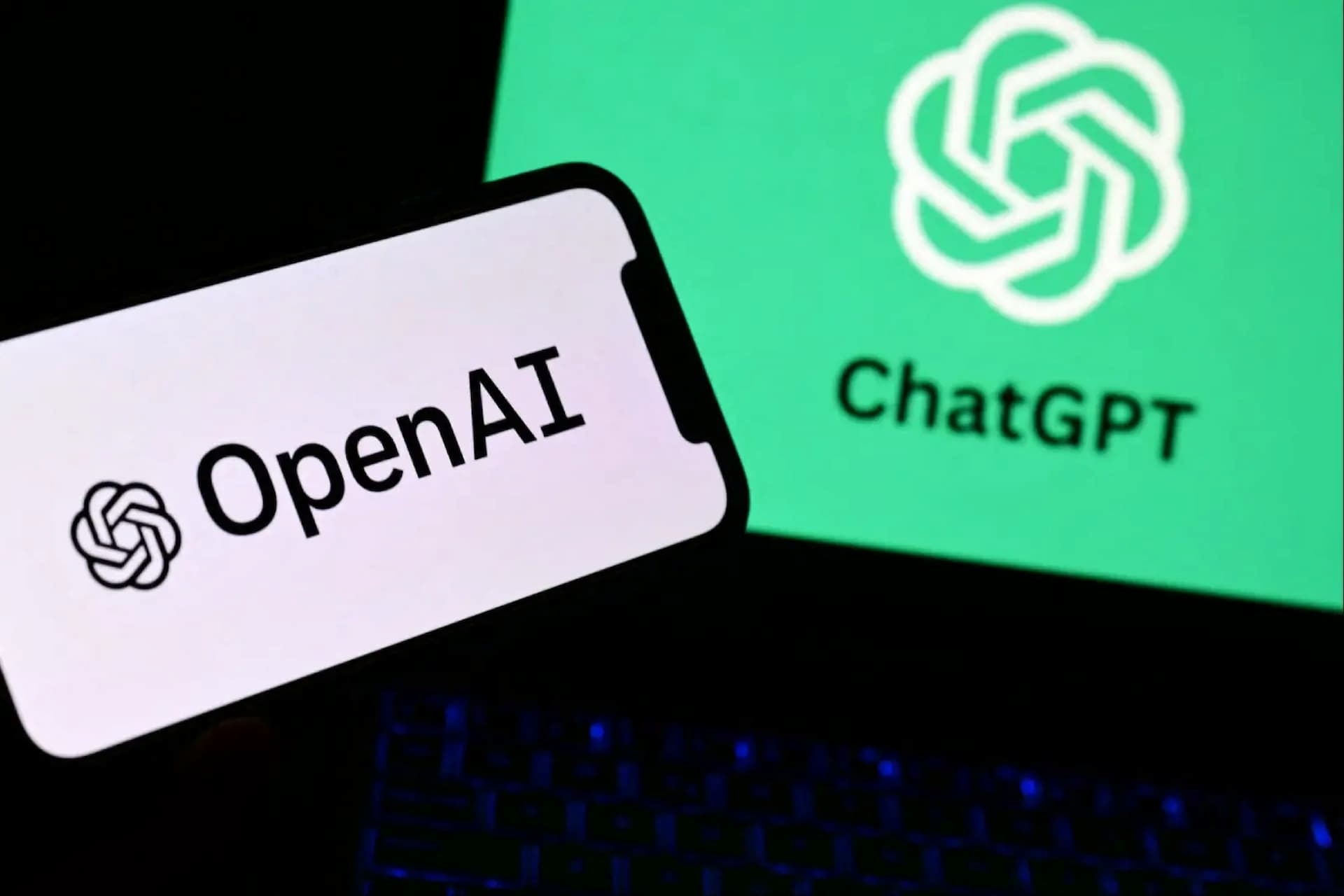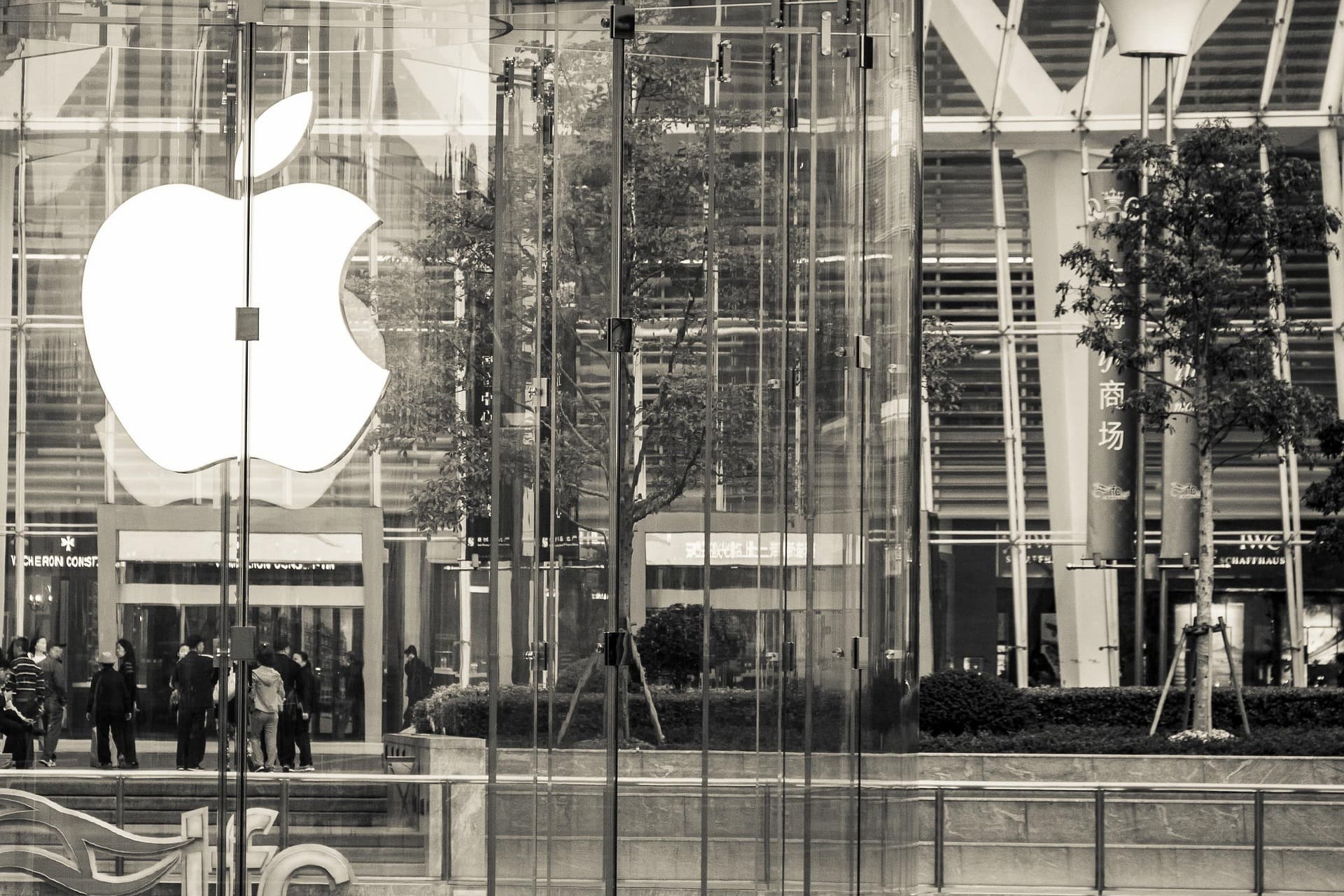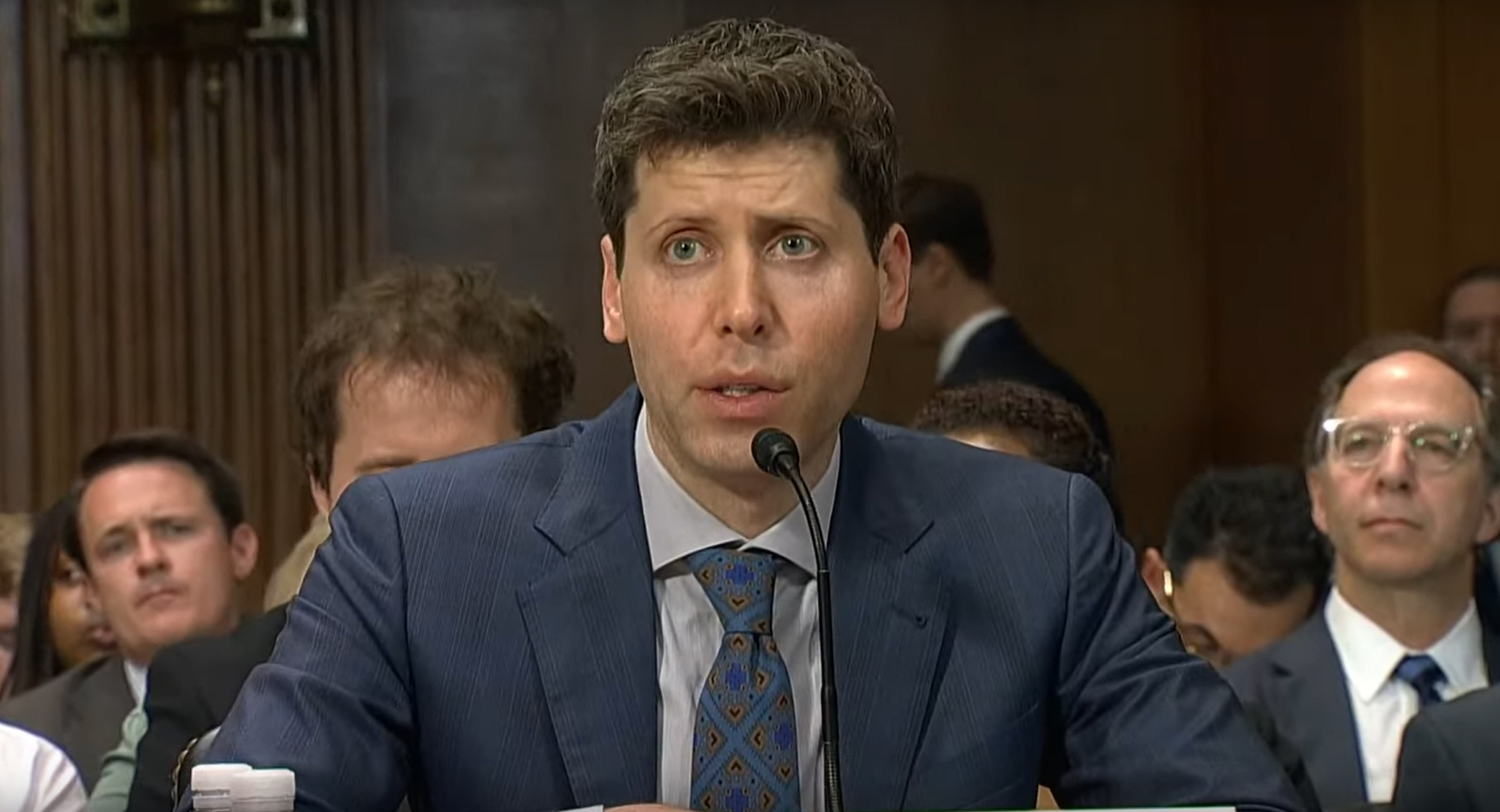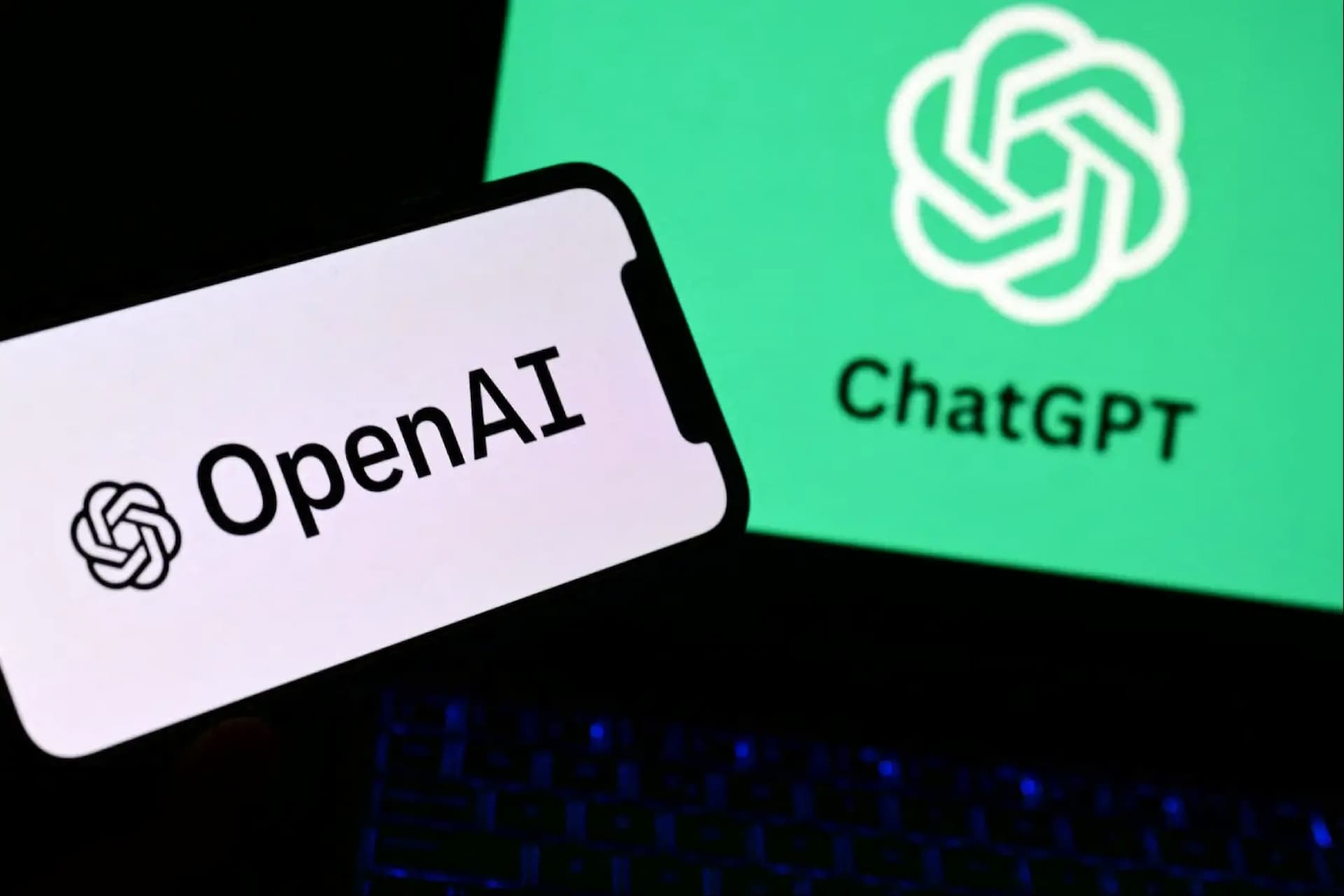OpenAI has taken a significant step into entertainment by backing Critterz, the first animated feature film generated with GPT models.
Human artists sketch characters and scenes, while AI transforms them into moving images. The $30 million project, expected to finish in nine months, is far cheaper and faster than traditional animation and could debut at the Cannes Film Festival in 2026.
Yet the film has triggered a fierce copyright debate in India and beyond. Under India’s Copyright Act of 1957, only human works are protected.
Legal experts argue that while AI can be used as a tool when human skill and judgement are clearly applied, autonomously generated outputs may not qualify for copyright at all.
The uncertainty carries significant risks. Producers may struggle to combat piracy or unauthorised remakes, while streaming platforms and investors could hesitate to support projects without clear ownership rights.
A recent case involving an AI tool credited as a co-author of a painting, later revoked, shows how untested the law remains.
Global approaches vary. The US and the EU require human creativity for copyright, while the UK recognises computer-generated works under certain conditions.
In India, lawyers suggest contracts provide the safest path until the law evolves, with detailed agreements on ownership, revenue sharing and disclosure of AI input.
The government has already set up an expert panel to review the Copyright Act, even as AI-driven projects and trailers rapidly gain popularity.
Would you like to learn more about AI, tech and digital diplomacy? If so, ask our Diplo chatbot!










